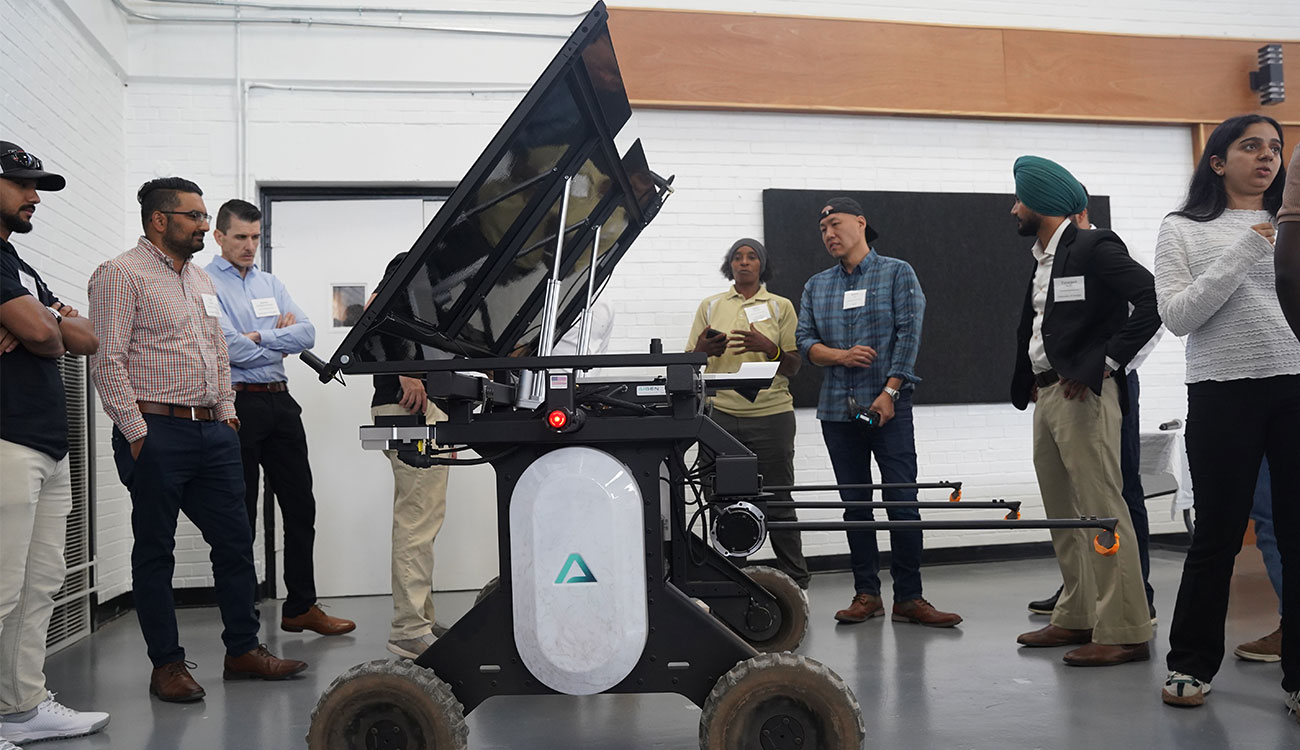The season's fresh fruits and vegetables beckon from your grocery shelves, and some new rinses promise to make your produce cleaner and safer. But none may be better than a free liquid you already have.
"I'm not familiar with every new product. But the ones I've seen are mostly surfactants, or wetting agents," said Elizabeth Andress, a food safety specialist with the University of Georgia Extension Service.
"These rinses help lift and carry dirt away," she said. "But I haven't seen enough evidence to support investing in them. They won't hurt anyone if used as directed and no one is allergic to the ingredients. But I can't say that they clean produce significantly better than rubbing or scrubbing in clean, drinkable water."
Andress said the information she has studied on the new products all leads to the same point.
"The most important factor for cleaning produce is agitation in clean, clear water," she said. "In the home, rubbing the skins or peels in clean water is just as successful as using special rinsing solutions. High-quality, fresh produce handled correctly is a lower-risk food for foodborne illness."
Using a scrub brush can help, she said, when the peelings will hold up, as with potatoes or citrus fruit.
Anytime you rinse produce, pay special attention to areas where dirt is likely to collect or cling. "Rub or scrub carefully," she said, "around such places as blossom ends, stem ends, crevices, cracks and eyes of potatoes."
Some produce rinses may contain ingredients such as acetic acid or hydrogen peroxide. These are designed to kill microorganisms that cause foodborne illness, Andress said.
But even these may be no better than water, she said. Normally, they just aren't needed.
"Pathogenic bacteria are most often outnumbered on fresh fruits and vegetables by other microorganisms," she said. "The latter, if allowed to reach very high numbers, cause quality loss such as mushiness, off flavors, color changes, slime or mold."
In the normal food-supply process, she said, the things that make you refuse to eat produce grow much faster than those that would make you sick.
There can be exceptions, she said, when an unexpected pathogen isn't controlled by normal washing and cold storage or can cause illness with a fairly low dose. "This is rare but does happen," she said, "such as some Salmonella contamination we've had on produce in the past."
Normally, Andress said, fresh fruit and vegetables are safe in your grocery store and farmers' market. "Produce today is washed pretty well before it reaches the shelves," she said.
Produce from a neighbor, she said, may not have been washed and stored as safely. So clean it more carefully yourself.
Whether you use plain water or invest in a commercial rinse, Andress said, don't forget the keys.
"Don't sell yourself the assumption that because you use this rinse, the food is sanitized or safer," she said. "Choosing fresh, high-quality produce and thorough agitation or rubbing in clean water are your best safeguards. With produce, they're your keys to coming clean."






